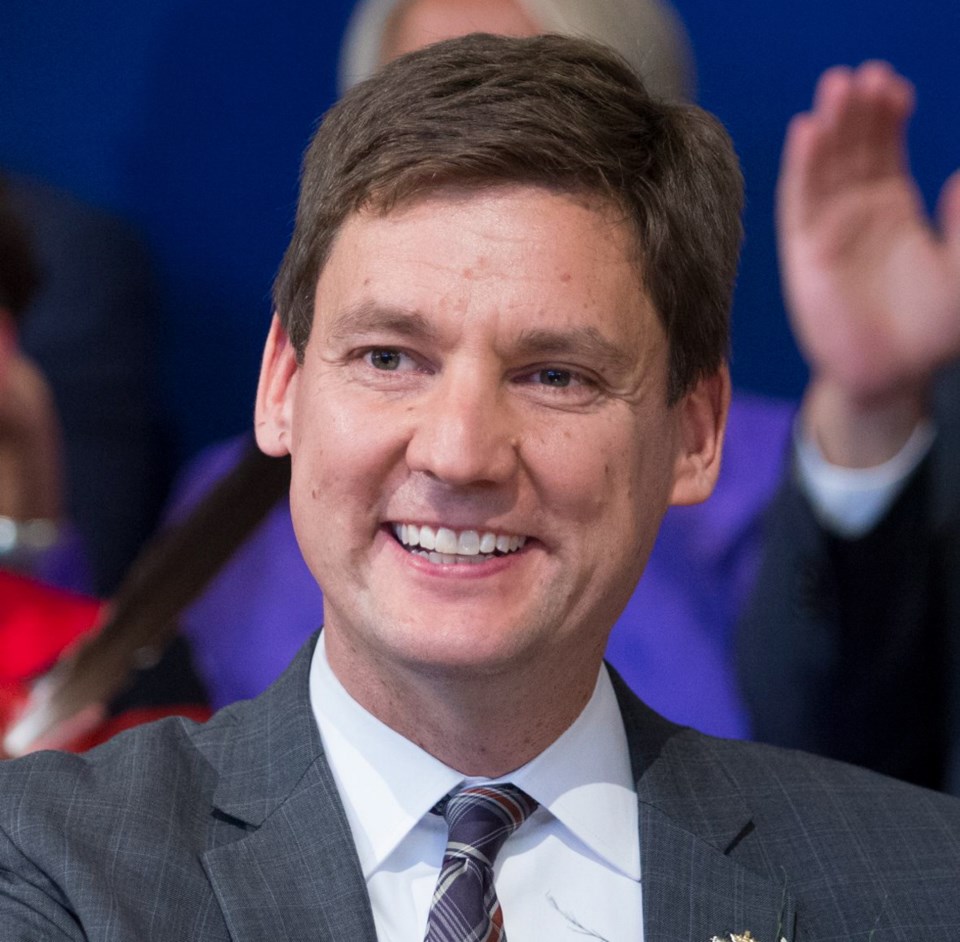The Attorney General’s Ministry said Tuesday it is carefully reviewing last week’s B.C. Supreme Court decision that overruled its attempt to block the Office of the Representative for Children and Youth from getting access to government records.
“It would be premature to comment further while that analysis takes place,” said a statement from an official.
So there will be a wait to see if the government will appeal its loss. Legalities are best left to the lawyers. But the politics in this case — which was outlined here on Saturday — need about one nano-second’s analysis to show that pursuing their strange argument would compound the hypocrisy that’s already on full display.
That “careful review” might tide Attorney General David Eby through to the end of the legislature’s fall sitting next week without having to answer too many questions.
(He’s also reviewing a Supreme Court loss from three weeks ago, when his unilateral rule change to limit the number of expert witnesses in Insurance Corp. of B.C. cases was rejected.)
To appeal, the review would have to come up with a lot better arguments than the ministry produced the first time around.
The problem is that the NDP government’s current stand against representative Jennifer Charlesworth’s request is the complete opposite of what they stood for earlier, when the same circumstances arose.
Former representative Mary Ellen Turpel-Lafond was auditing a child care program in 2010 and wanted to see cabinet documents. She was refused and went to court. The NDP at the time backed her every step of the way. After she won, NDP critics one after the other slammed the B.C. Liberal government for trying to block her.
“Why did the Liberals spend time and resources fighting the representative in court?” demanded Carole James in the legislature, then a critic and now the finance minister. “Will [the minister] admit today that her government was wrong, apologize to the representative and to the people of B.C.?”
NDP MLA Adrian Dix, now health minister, joined the theme: “Will the minister acknowledge that she wasted money that would have been better spent for child protection, and will she apologize to the people of British Columbia?”
Same with Mike Farnworth, now public safety minister. Noting the government had to pay costs in the case, he asked if the government would have the good grace to include an apology with the cheque.
Fast forward to the present, and the question is: “Who’s sorry now?”
The NDP government, through the attorney general’s office, tried to block Charlesworth’s request for records. Not by just refusing to grant access to specific documents, but by challenging her right to even inquire into the issue at hand.
The representative is working on a special report about whether children who died or suffered critical injuries were properly heard or represented during legal proceedings underway at the time the trauma occurred.
As summarized by Justice Douglas Thompson, the government’s argument stressed that the representative’s law is “decidedly not to create powers in the sphere of private-law relationships involving children.”
It argued that the representative had “no business” seeking information to do a report that is outside her mandate.
Compared with the 2010 case, the NDP government mounted a much more aggressive rejection of the representative’s request for documents than the Liberals. And the documents at issue are less sensitive than cabinet-level proceedings.
The review of this loss should start with the law that governs the representative, because it gives the office enormous clout to examine whatever it chooses. The list of all the areas in which she can do special reports includes this: “Any other matter the representative considers necessary.”
The NDP critics in 2010 quoted a key passage from Justice Susan Griffin’s verdict in favor the representative: “If public confidence in the child welfare system is to be restored, the independent body that speaks for children and youth must have a status that puts independence beyond question.”
That’s as true now as it was then. But you won’t find any cabinet ministers reciting the quote today.
Watching from the sidelines, Turpel-Lafond said Tuesday that she “expected a more progressive and thoughtful approach.”
She said there is time to make amends — by providing the requested documentation immediately.



